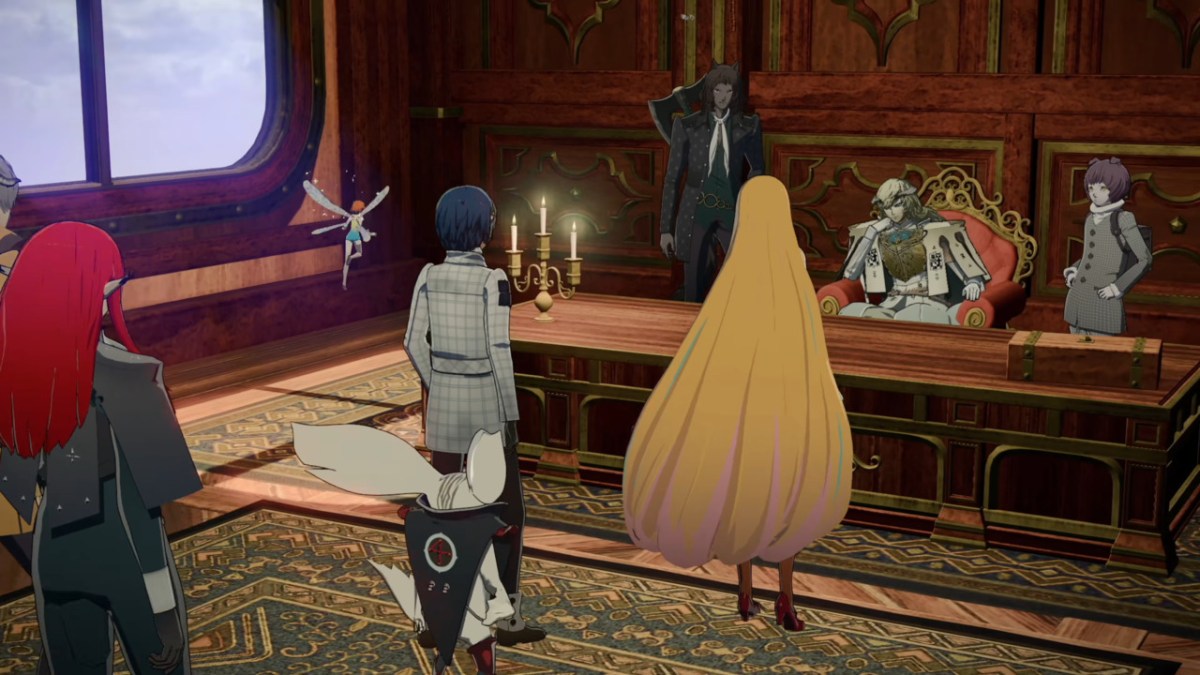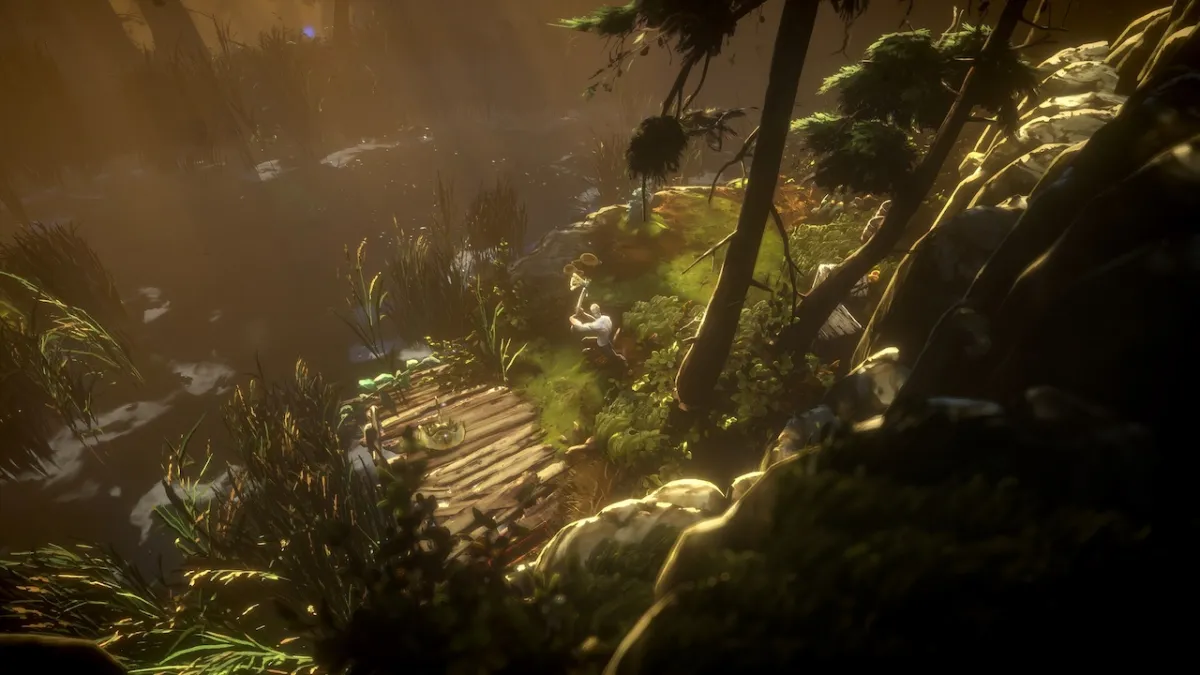Sengoku, the latest grand strategy title from Paradox Interactive, takes the character-driven approach of its earlier Crusader Kings game and adds a crash course in Japanese terminology. Not only will you be coveting the position of Shogun in 15th century Japan, you’ll be ruling over individual Kori (provinces) and raising ashigaru (essentially conscripted peasant infantry) to fight for your banner.
Your goal is to conquer and hold at least fifty percent of Japan’s territory, which is a lofty ambition if you opt to begin your career as a lowly vassal in service to a clan leader. Like Crusader Kings, Sengoku casts you as an actual person rather than some mysterious guiding hand of strategy. This means that even if you choose to begin the game as leader of a clan, you won’t have direct, micro management style control over every single province in your clan. Other provinces are ruled by AI vassals sworn to your leadership and will construct buildings and castles at their own pace. They may also turn out to be un-trustworthy and be actively plotting to have you removed as leader, or positioning someone other than your son to be heir to the clan.
As the leader of the Shimazu clan in the southwest of Japan, I began with two Kori under my direct control and several others ruled by vassals. Although there’s no tutorial (at least in this preview build) for Sengoku, a series of tooltips gave just about enough information about each menu option for me to muddle through. However, I’m someone who’s familiar with other Paradox games, so I hope the full release has more of a hand-holding guide to get people started.
Encouraged by the aforementioned tooltips, I appointed three worthy fellows into the positions of Master of Arms (who can improve castles, raise extra troops and quell unrest), Master of Ceremonies (in charge of village buildings, smoothing relations with other lords and squeezing additional taxes from provinces) and Master of the Guard (chiefly dealing with intrigue; the sowing of discontent in rival provinces, recruiting ninjas for underhanded tasks and manufacturing unique buildings). These positions are filled by people in your court, each of whom has different character traits (like ‘naive appeaser’ or ‘ruthless’) that will affect their ability to do the job in question. Even though these traits are just stat modifiers, it really helps to give the people around you a sense of unique character.
The same goes for your vassals, who you’ll have to keep in line in order to maintain your power. As well as using your Master of Ceremonies as an envoy, it’s possible to improve relations with your vassals by bestowing new tracts of land upon them or sending them gifts of money. I believe it should also be possible to appease them through marriage, but to date I’ve not yet been able to figure out how to arrange a marriage that doesn’t involve my own character. You can also take the alternative route and force them out of their position. This, though, will cost you ‘honour’; a vital resource in Sengoku. Actions like acts of war (unless suitably merited by severe enmity between you and your foe) cost honour, and if your honour falls to zero or below your character is forced to commit Seppuku (ritual suicide) in disgrace.
This means every act of expansion is a juggling act between the need to keep vassals (and possibly heirs and other courtiers) happy through landed titles, the potential costs of war in terms of honour and resources and the overarching goal of taking at least fifty percent of the land as your own. To aid you, there are a few more options at your disposal. Plots let you choose from a selection of available schemes (such as ‘attack suchandsuch clan’) and allow you to gather some co-conspirators for your devious scheme.
The current amount of time I’ve spent with the game didn’t actually throw up any particularly interesting plots, but I think this may be because plotting is more useful to players taking the role of a vassal and aiming to overthrow their clan leader. For dirty dealings, clan leaders turn to the professionals: namely, ninja clans. These black-clad chaps can attend to all of your assassination, kidnapping and sabotage needs. Just be careful not to get caught, or it’ll reflect very poorly on you and cost a bunch of honour.
My time with Sengoku began rather slowly, until I remembered that I was actually supposed to be conquering things rather than just sitting back and ruling my small corner of Japan. Once I’d launched myself into a war with the northern Otomo clan, things began to get more interesting.
Warfare is largely a case of numerical advantage, as there are only three troop types available (ashigaru infantry, mounted samurai and, when gunpowder becomes an option, arquebusiers), though terrain, in the form of rivers or mountainous regions, plays a role too. It’s also important to keep an eye on your borders and figure out where you might be vulnerable to an attack, or where a strategic bottleneck can be formed. Battles are automated and play out over the course of several in-game days. If a province is captured, you may besiege the remaining defenders in their castle or risk a costly frontal assault on the walls.
I noticed a couple of oddities during my war with the Otomo. Firstly, the AI didn’t seem to have an especially firm grasp on what to do with his troops, allowing me some relatively easy victories. This may have been an AI attempt to reflect an inept leader, or it may be a necessary gameplay mechanic to make fifty percent ownership of Japan even possible, but it felt a little like the AI was just sitting back. In addition to this, I saw some troops from my side acting independently of my command and invading a nearby province (foolishly, as it turned out). The majority of soldiers are levied from vassals, so this was either a vassal taking matters into his own hands or some Ronin acting on their own initiative.
While the war was ongoing, one of the provinces closer to home suddenly fell pray to some Shinto rebel extremists, presumably angry that I hadn’t yet cast my lot in with any of Sengoku’s religious factions (Buddhism, Shinto and, later, Christianity). I was able to quickly subdue this uprising, but it did give me a few nightmares about the endless waves of fickle rebels found in the latter stages of Victoria II. Hopefully the general populace won’t be so fond of insurrection in this title.
The heavier focus on personalities and the sensible decision to avoid any kind of complex economy (money is generated through basic taxation) gives me confidence that Sengoku will be a much more stable experience overall. Though the warfare seems a touch simplistic and the plots have yet to spark my interest, the need to appease individuals, progress through either military might, diplomacy or subterfuge and the challenge of merely keeping control of territory under your (supposed) influence is currently feeling solid and satisfying.
Sengoku is scheduled for release on 13 September for PC.



